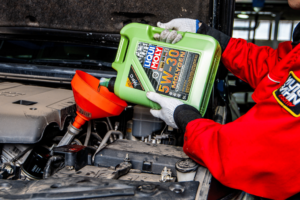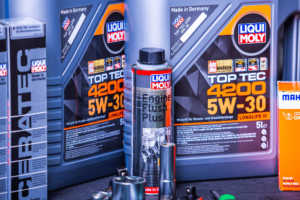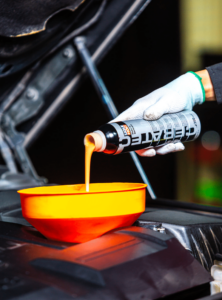The BMW X1, a compact luxury crossover SUV, has gained popularity for its sporty design, premium features, and iconic BMW driving experience. However, like any vehicle, the BMW X1 is not without its issues, so lets look at BMW X1 common problems.
In this article, we will provide an in-depth overview of the BMW X1, discuss the ten most common problems owners encounter, and offer solutions to help you address these issues.
An Overview of BMW X1
The BMW X1 is a compact luxury crossover SUV that has been a part of BMW’s lineup since its introduction in 2009. As one of the smaller models in the BMW X series, the X1 offers a unique combination of practicality, luxury, and sporty driving characteristics. Here’s an in-depth overview of the BMW X1:
Design and Dimensions
The BMW X1 features the distinctive design language that is typical of BMW vehicles. It combines an athletic and sleek exterior with premium interior elements. The compact dimensions of the X1 make it well-suited for urban environments while still providing ample space and versatility for passengers and cargo.
Engine Options
The BMW X1 is available with various engine options to cater to a range of preferences. It typically offers a choice of turbocharged four-cylinder engines, which provide a good balance between performance and fuel efficiency. Some models may offer a more powerful six-cylinder engine for those seeking a sportier driving experience.
Drive Systems
The X1 is offered with BMW’s xDrive all-wheel-drive system, providing improved traction and handling in various road conditions. This feature makes the X1 an appealing choice for those who want a versatile vehicle capable of handling adverse weather and off-road situations.
Interior Comfort and Technology
Inside the X1, you’ll find a well-appointed cabin with high-quality materials and a premium feel. The dashboard is designed with the driver in mind, featuring intuitive controls and BMW’s iDrive infotainment system. Depending on the trim level, you can enjoy a range of features, including leather upholstery, panoramic sunroof, advanced driver-assistance systems, and a user-friendly touchscreen interface.

Driving Experience
One of the key attributes of the BMW X1 is its sporty driving dynamics. It offers responsive steering, excellent handling, and a comfortable ride. The X1’s compact size and well-tuned suspension make it a nimble and enjoyable vehicle to drive, particularly in urban and suburban settings.
Cargo Space
Despite its compact dimensions, the BMW X1 offers a practical amount of cargo space. The rear seats can be folded down to expand the cargo area, making it suitable for various types of cargo and luggage.
Safety Features
BMW equips the X1 with a range of advanced safety features, such as adaptive cruise control, lane departure warning, blind-spot monitoring, and automatic emergency braking. These technologies enhance the safety and convenience of driving the X1.
Model Generations
The BMW X1 has gone through multiple generations, with each iteration offering improvements in design, technology, and performance. As newer models are introduced, they typically come with updated features and more efficient engines.
10 Most Common Problems and Solutions of BMW X1
Electrical Issues
Electrical problems in the BMW X1 can be frustrating. Malfunctions in lights, power windows, and issues with the entertainment system have been reported. These problems may stem from faulty wiring, fuses, or control modules.
Solution: When experiencing electrical problems, consult a qualified technician who is well-versed in BMW’s intricate electrical systems. Regular maintenance can help prevent these issues by identifying and addressing potential problems before they worsen.
Oil Pan Leaks

Oil leaks are a common concern in some BMW X1s. These leaks can be attributed to gasket failures or other engine-related issues, such as a leaking oil filter housing gasket or valve cover gasket.
Solution: To address oil leaks, it’s essential to have the gaskets and seals inspected and replaced as needed. Regular oil changes with high-quality oil can help maintain gasket health and prevent leaks.
Suspension Problems
Premature wear of suspension components like struts and shock absorbers can result in a less comfortable and stable ride. These issues may be exacerbated if the vehicle is frequently driven on rough roads.
Solution: Regularly inspect and maintain your suspension components. Consider using high-quality aftermarket parts if needed, but ensure they meet the manufacturer’s specifications.
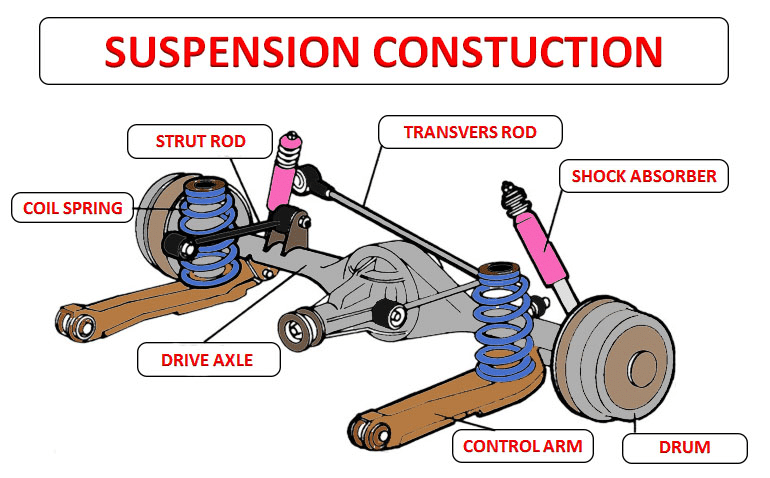
Transmission Error
Some BMW X1 owners have experienced transmission issues, such as rough shifting or slipping. These issues can be caused by faulty transmission fluid, worn-out clutches, or sensor problems, especially in earlier models.
Solution: Have the transmission fluid and filter checked and replaced at recommended intervals to maintain its health. If you encounter transmission issues, consult a professional technician for diagnosis and repair.
Excessive Brake Pad Wear
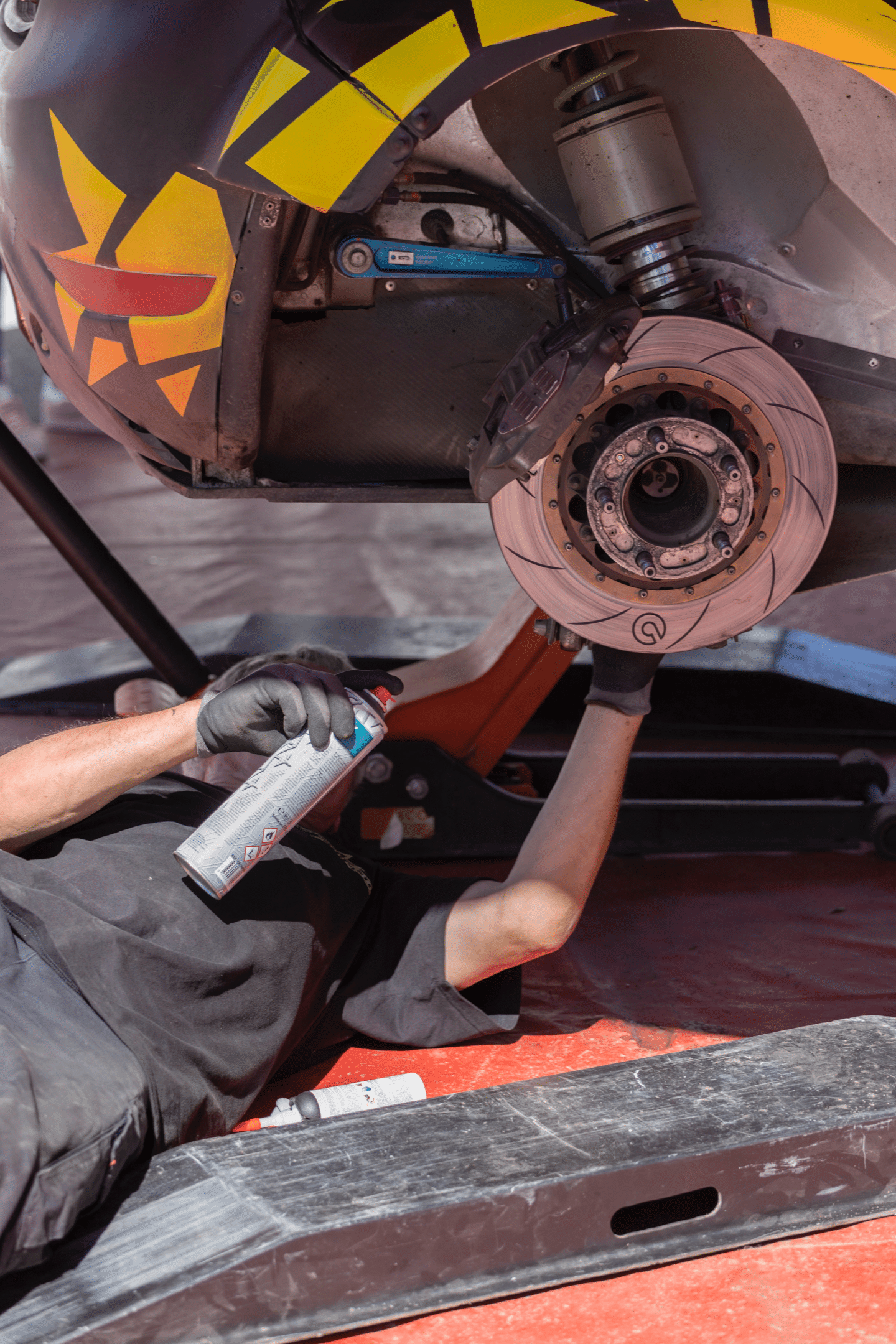
Premature brake pads wear is a common problem in the BMW X1, often requiring brake pad and rotor replacements sooner than expected. Hard driving or frequent stop-and-go traffic can accelerate brake wear.
Solution: Choose high-quality brake components and follow a maintenance schedule to avoid premature brake wear. Maintaining proper braking techniques can also extend the life of your brakes.
Coolant Leaks
Cooling system leaks can occur due to faulty hoses, connectors, or radiators. Addressing these leaks is crucial to prevent overheating and potential engine damage.
Solution: Regularly inspect the cooling system, and replace worn-out components to prevent leaks and overheating. Ensure that the cooling system is free from contaminants and air bubbles.
Power Steering Problems
Some X1 owners have reported power steering problems, including noise, difficulty in steering, or a stiff steering wheel. This can result from power steering fluid leaks or issues with the power steering pump.
Solution: If you experience power steering problems, consult a mechanic to diagnose and repair the issue. Regular power steering fluid changes and inspections can help keep the system in good working condition.
Turbocharger Failures
Turbochargers in certain models may fail prematurely, resulting in a loss of power and increased repair costs. These failures are often attributed to wear and tear or improper maintenance.
Solution: To prevent premature turbocharger failures, use high-quality engine oil, adhere to recommended maintenance intervals, and avoid aggressive driving habits. Regularly inspect the turbocharger for signs of wear.
Sunroof Issues
Sunroof leaks or malfunctions have been reported by some X1 owners. Leaks can lead to interior water damage, potentially affecting the electronics and upholstery. Regular maintenance and inspection of sunroof seals are essential to prevent such issues.
Solution: Ensure that the sunroof seals are in good condition, and promptly address any leaks to prevent interior damage. Regularly clean and lubricate the sunroof mechanism to prevent malfunctions.

Passenger Engine Mount Failure
A few owners have reported that the BMW X1 is prone to passenger engine mount failure. The adaptive suspension issues have led to quite a few recalls for the BMW X1.
Enhance Your Oil Change
When it comes to engine oil, selecting the right type and maintaining a regular oil change schedule is essential for preserving the longevity and performance of your BMW X1’s engine.
Using the manufacturer-recommended engine oil and components ensures that your BMW X1 continues to deliver the dynamic performance it was designed for.
To keep your BMW X1 engine in top condition, consider the following oil standards: LL-04, LL-01
For optimal engine performance and protection, you can rely on LIQUI MOLY, a brand with a comprehensive line of products tailored to your BMW X1. Ensure that you’re using the appropriate engine oil, oil filter, coolant, and air filter for your BMW X1:
Best Engine Oil: Liqui Moly Top Tec 4200 5W-30 New Generation
Engine Oil Filter: Mahle OX 152D Oil Filter
Engine Coolant: PEAK OET Antifreeze / Engine Coolant PEB0B3
Air Filter: Mahle LX 4060 Air Filter
By choosing these high-quality products and following the recommended maintenance guidelines, you can ensure that your BMW X1 continues to provide the exceptional performance, reliability, and durability that you expect from this premium vehicle.
Why Choose LIQUI MOLY?
LIQUI MOLY, a renowned brand celebrated for its unwavering commitment to excellence and the pursuit of optimal engine performance through its line of engine oils and additives, has earned the trust of prestigious automotive manufacturers and industry leaders. This trust is rooted in LIQUI MOLY’s steadfast dedication to delivering top-tier quality.
Central to LIQUI MOLY’s product range is a comprehensive selection, intricately crafted to meet the demanding specifications of high-performance engines. From their premium engine oils to essential maintenance components, LIQUI MOLY is wholeheartedly devoted to ensuring that your BMW maintains its peak performance, consistently delivering exceptional outcomes.
Conclusion
The BMW X1 offers an enticing blend of luxury and sportiness, but it’s essential to be aware of common problems that may arise during ownership. Understanding these issues and proactively addressing them through regular maintenance and timely repairs can help ensure a more trouble-free and enjoyable experience with your BMW X1.
Whether it’s electrical problems, oil leaks, or any of the other common issues mentioned, staying on top of maintenance is the key to preserving the joy of owning a BMW X1.
Frequently Asked Questions
Is the BMW X1 a reliable vehicle overall?
The reliability of the BMW X1 can vary depending on factors such as maintenance, model year, and individual driving habits. Regular maintenance and addressing issues promptly can help maintain reliability. Some owners have reported a satisfying ownership experience, while others have encountered common problems.
Are there any recalls for the BMW X1?
BMW may issue recalls for specific model years and production runs to address safety or performance-related issues. It’s essential to check with your local BMW dealership or the National Highway Traffic Safety Administration (NHTSA) for any open recalls and have them addressed promptly.
Can I perform DIY maintenance on my BMW X1 to prevent common problems?
Some basic maintenance tasks, like checking fluids, inspecting the suspension, and replacing air filters, can be done by a knowledgeable DIY enthusiast. However, more complex repairs and diagnostics should be left to trained professionals to avoid causing more significant issues. Regular maintenance by a qualified technician is recommended to keep your BMW X1 in top condition.


